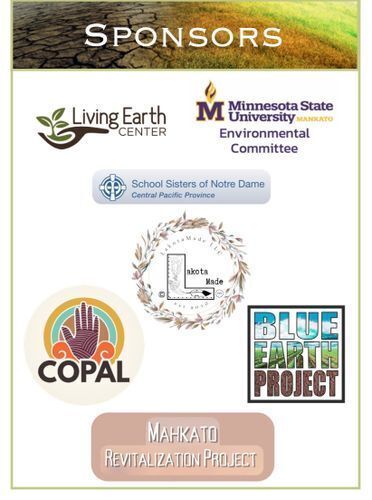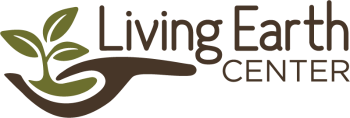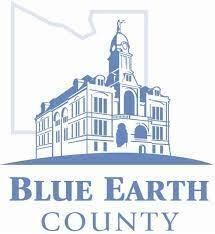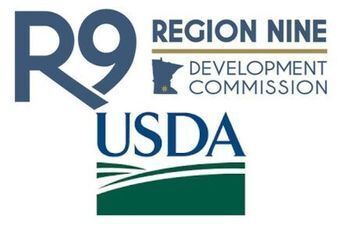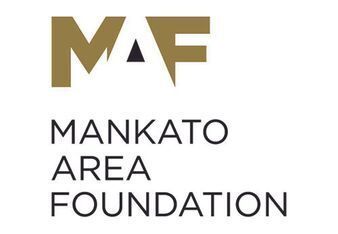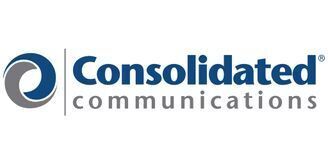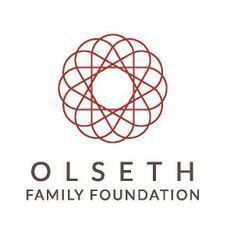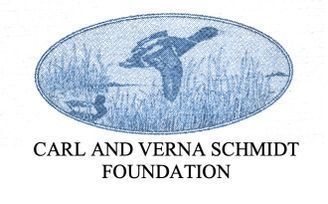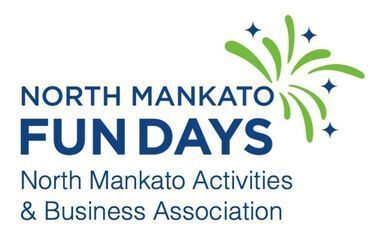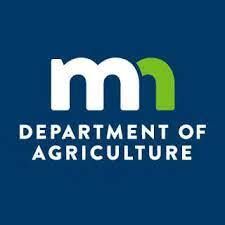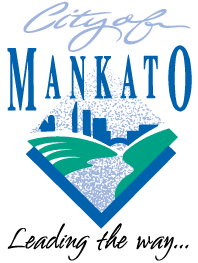19th Annual Earth Conference - From Extraction to Regeneration: The Future We Create
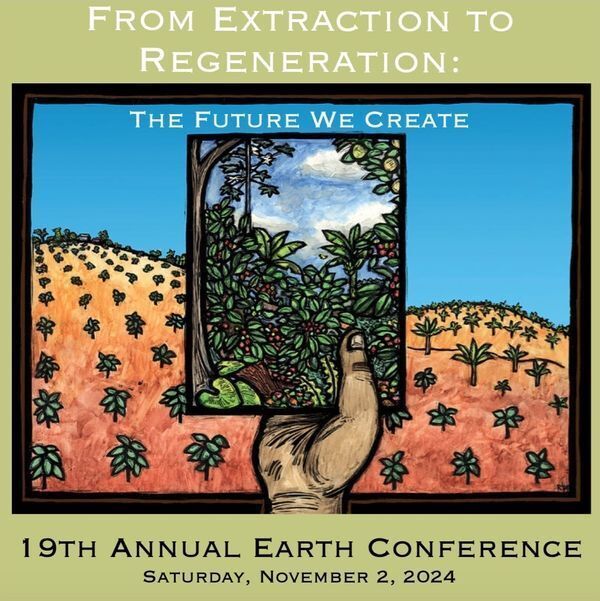
Driven by the excessive production of commodities and wealth, our society has normalized the relentless extraction of natural resources at unsustainable rates. This extractive behavior not only degrades the environment, but also harms the human communities intrinsically linked to these ecosystems.
How did this culture of extraction arise? What drives these exploitative systems? What are the consequences for both the environment and human societies? At this year's Earth Conference, we seek to explore the origins and mechanisms of these extractive practices and to identify pathways toward a regenerative relationship with nature—one that prioritizes restoring the land and healing the connection between communities and the environment.
In this conference, we will hear from individuals and organizations committed to building regenerative and restorative practices in Southern Minnesota. We will explore the pathways available for integrating these practices into our daily lives and discuss how we can create a system that honors the well-being of both human communities and the natural world.
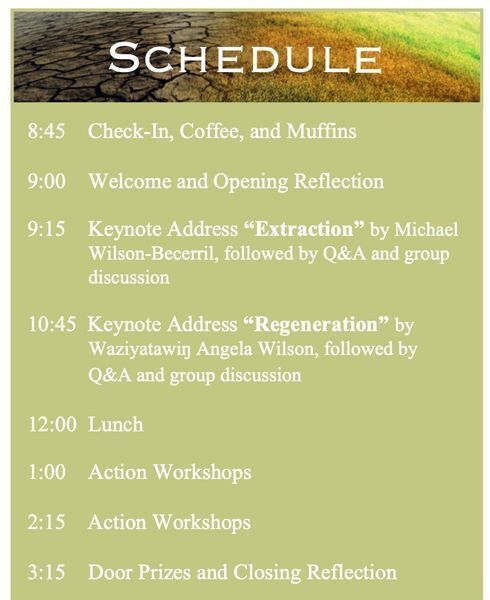
Tickets: $50 pre-registration/$60 at the door
Student Tickets: $15 (student scholarships are available)
Conference registration is now open! Click on the link below to register:
https://earthconference2024.eventbrite.com

Key Note 1: Extraction
Michael will speak on the origins of our extractive culture and the historical impacts it has had on natural and human communities. We will examine what continues to fuel these systems in the modern day and how extractive practices continue to impact us globally.
Michael Wilson-Becerril is an activist-scholar specializing in the political ecologies of violence, resistance, and justice, with a focus on Latin America.
He is the author of Resisting Extractivism: Peruvian Gold, Everyday Violence, and the Politics of Attention (Vanderbilt University Press, 2021), and his writing has also appeared in The Washington Post, Al Jazeera, and Truthout, among other venues.
He has conducted extensive fieldwork on environmental justice in Peru, on everyday violence in Mexico, and on Indigenous rights in Costa Rica and Guyana.
Currently based in the Peace and Conflict Studies Department at Swarthmore College, his teaching is explicitly crafted to cultivate our collective healing, particularly through critical reflection on structural and embodied forms of power.
Key Note 2: Regeneration
Waziyatawiŋ will speak on the cultural and ecological impacts of extractive systems on local communities and explore what it means to live a regenerative lifestyle. She will share with us the work she is currently doing to reestablish regenerative systems in Minnesota.
Professor Waziyatawiŋ is a Dakota writer, teacher, and justice advocate from the Pezihutazizi Otunwe (Yellow Medicine Village) in southwestern Minnesota. She is the author and co-editor of seven volumes, including Remember This!: Dakota Decolonization and the Eli Taylor Narratives, In the Footsteps of Our Ancestors, and other works.
Waziyatawiŋ’s interests include projects centering around Indigenous decolonization strategies such as truth-telling and reparative justice, the recovery of Indigenous knowledge, and the development of liberation ideology in Indigenous communities.
She is the Executive Director of Makoce Ikikcupi. Meaning “Land Recovery,” Makoce Ikicupi is a project of reparative justice on Dakota land in Minisota Makoce (Minnesota). The project seeks to bring relatives home, re-establish their spiritual and physical relationship with their homeland, and ensure the ongoing existence of their People.

Led by local organizations dedicated to restoring and healing relationships with the community and environment, these workshops will offer practical, hands-on activities that will act as a blueprint for a more regenerative lifestyle.
COPAL
Comunidades Organizando el Poder y la Acción Latina is a member-based organization established in 2018 to improve the quality of life of Latine families. Over the past years, COPAL has evolved to become a well known, grassroots, power-building, and visionary transnational organization.
Mahkato Revitalization Project
An Indigenous-led non-profit that aims to promote and preserve Indigenous culture and traditions in Mankato, the surrounding community, and beyond. Our mission is to revitalize and strengthen the cultural identity of Indigenous peoples through community engagement, education, and advocacy.
410 Project
A volunteer-managed community art space, serving both artists and community members throughout southern Minnesota, the 410 Project offers opportunities for all people to understand and value the arts through innovative experiences with contemporary art.
Stay tuned - more details on additional workshops to follow.
